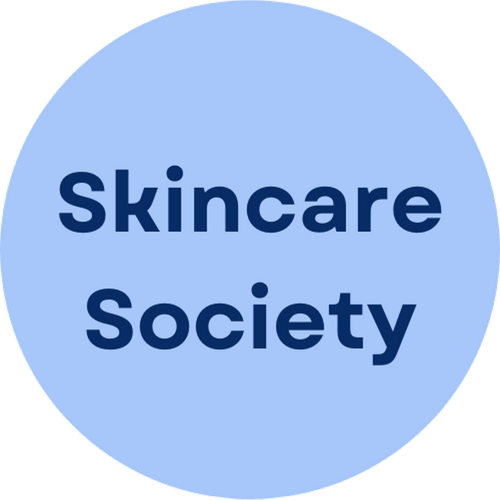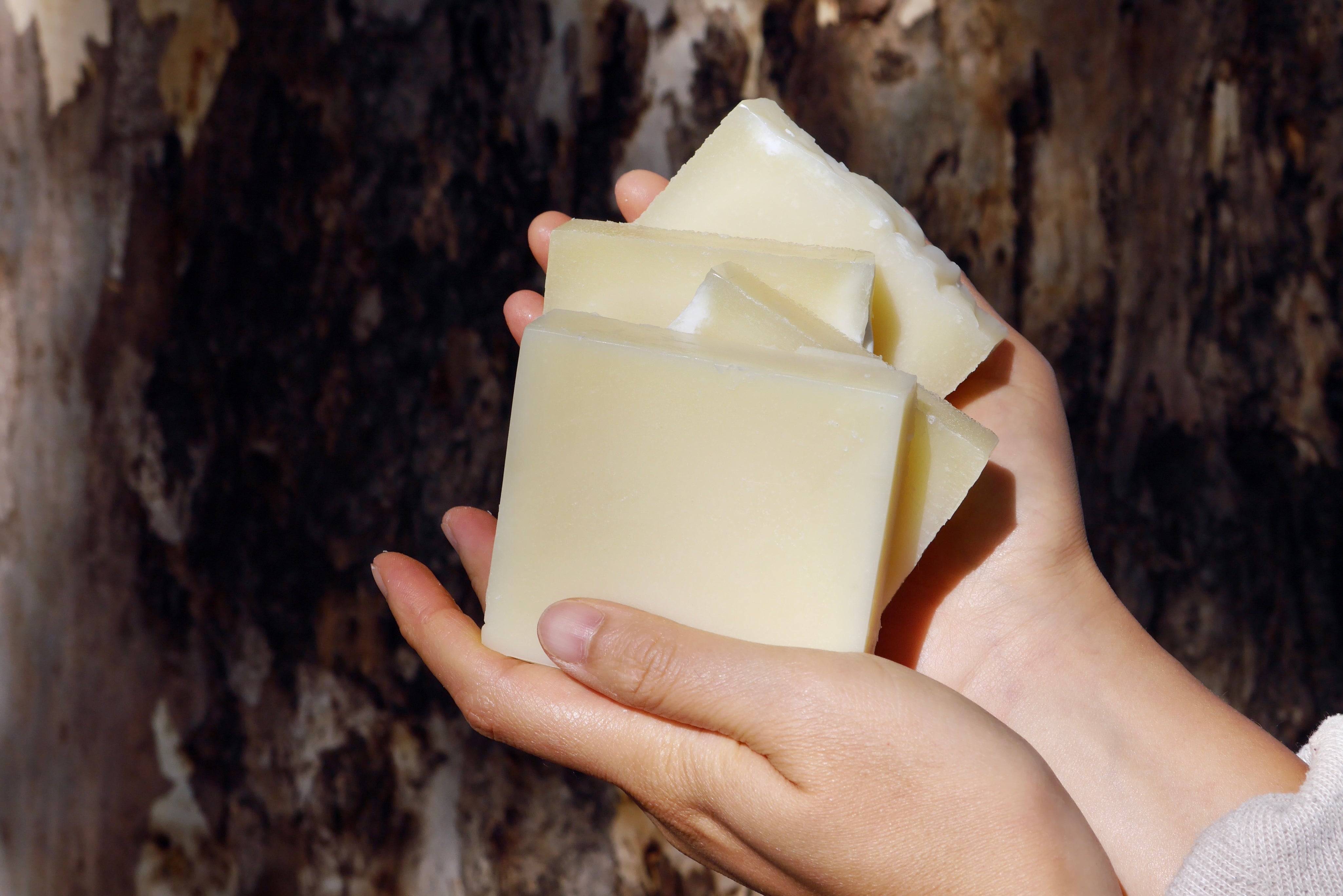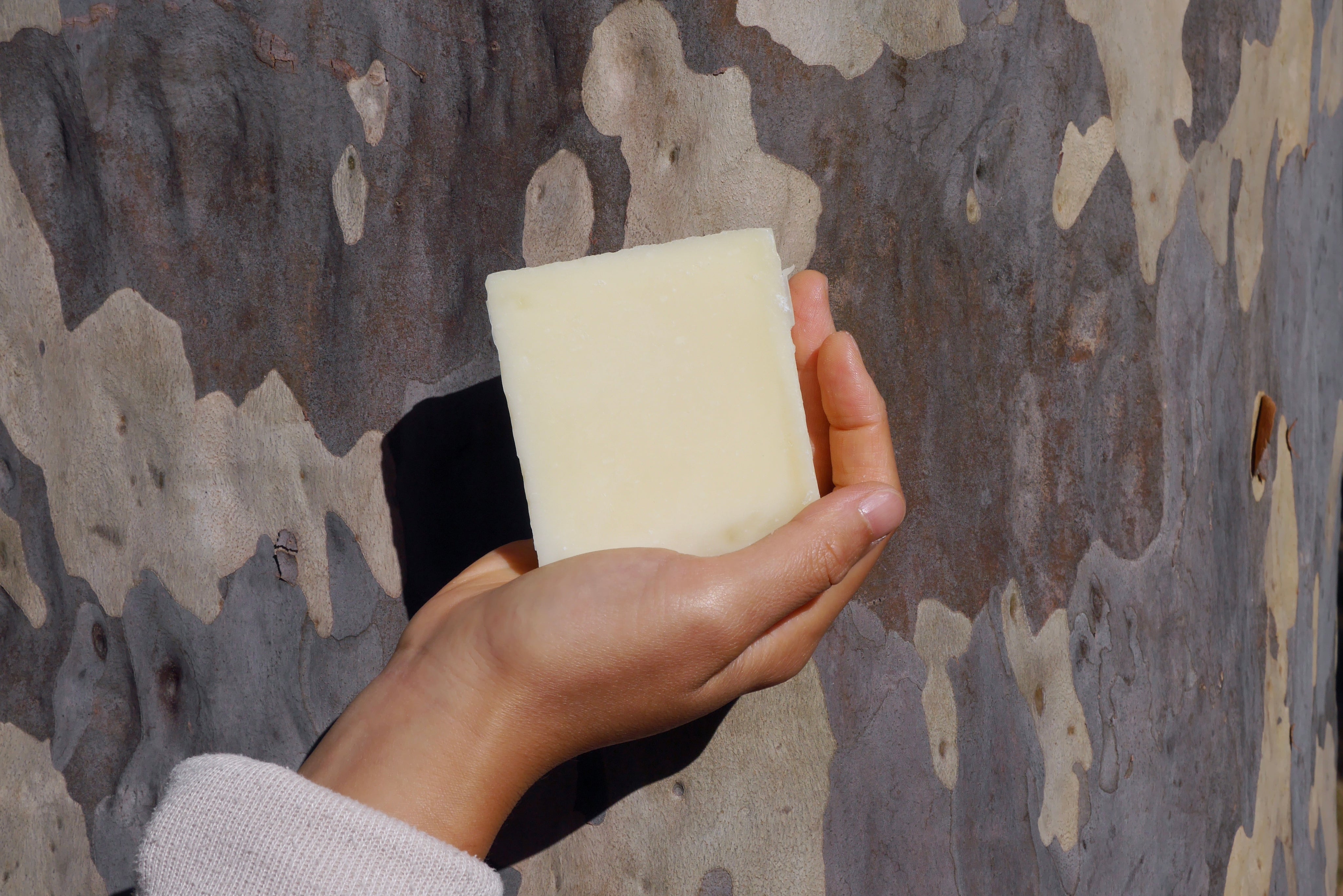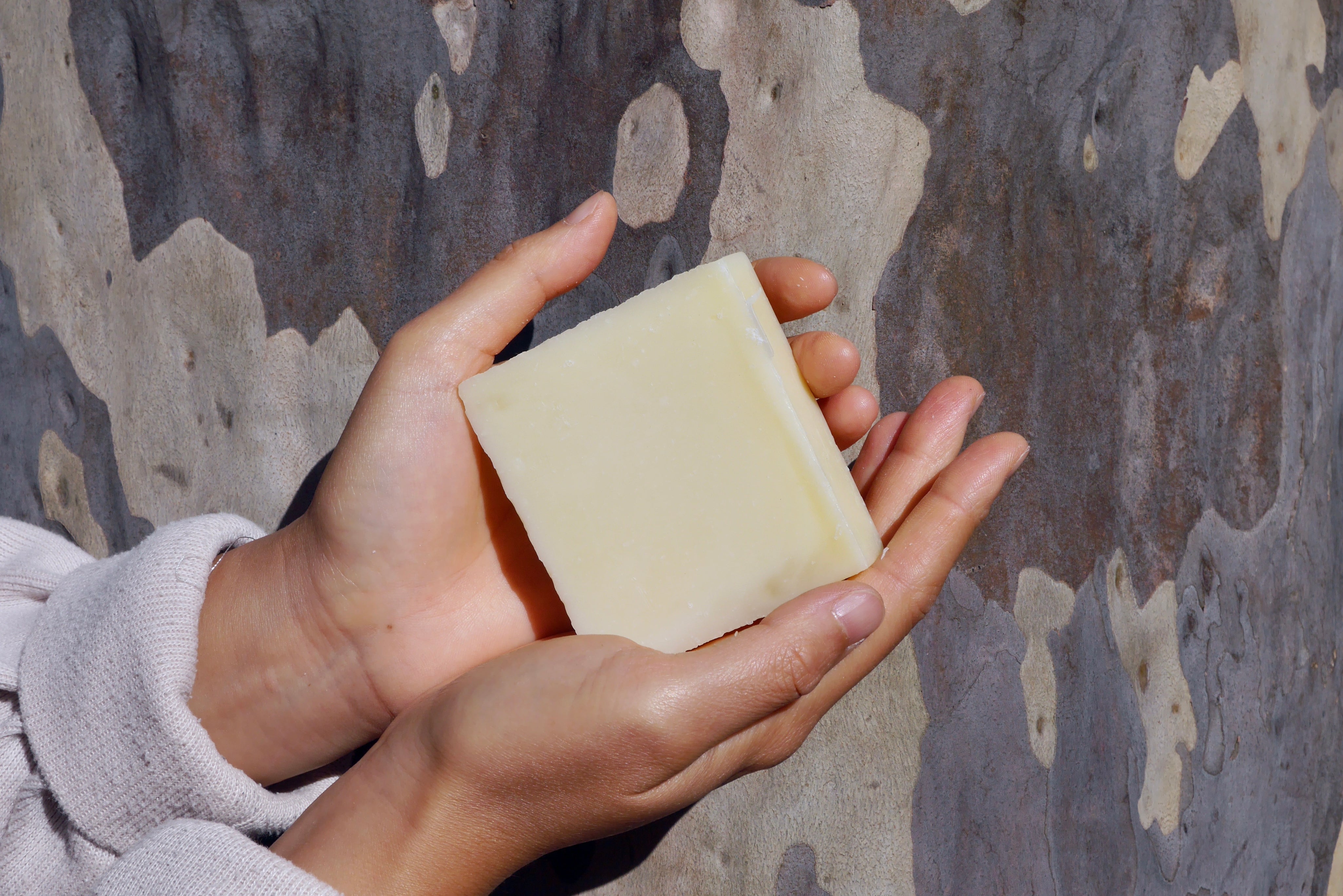In the pursuit of radiant skin, many of us turn to commercial skincare products without realizing the potential harm lurking in their formulations. These mainstream products, laden with unnecessary and harsh ingredients, may promise a deep cleanse but often strip away more than just impurities. The aggressive nature of mass-produced skincare can leave our skin dry, dull, and depleted of essential oils and nutrients.
Despite claims of natural ingredients, commercial skincare often falls short. Vitamins like A, C, and E may be listed, but their quantities are often negligible, overshadowed by the destructive impact of other harmful components. It's a deceptive practice, leading consumers to believe they're investing in skin health when, in reality, they may be doing the opposite.
A closer look at the ingredients commonly found in mainstream skincare reveals potential health risks supported by third-party scientific literature. Parabens, synthetic preservatives with various prefixes like methyl and ethyl, can disrupt the endocrine system. Phthalates, hidden synthetic fragrances, are potentially toxic and linked to birth defects. Petroleum-derived substances like Propylene Glycol and Butylene Glycol can draw harmful chemicals into our bloodstream.
Sodium Lauryl Sulfate (SLS) and Sodium Laureth Sulfate (SLES), added for foaming, strip away natural oils and may even pose carcinogenic risks. Ingredients like Petrolatum, Mineral Oil, and Paraffins, derived from crude oil, are both environmentally unfriendly and laden with potential impurities. Formaldehyde donors, used as preservatives, release formaldehyde, a known human carcinogen. Phenoxyethanol, despite being classified as an irritant by the European Union, is gaining popularity in cosmetics despite its potential negative effects on various organs.
Beyond these concerns, certain ingredients are collectively linked to reproductive problems, learning disabilities, skin allergies, and even cancer. DEA, MEA, and TEA, used to enhance foaming qualities, can create nitrosamines, considered possible carcinogens. Dioxin, present in antibacterial products, generates carcinogenic by-products. Emulsifiers like PEGs, artificial dyes, and benzoyl peroxide used in acne products also raise red flags.
The overwhelming list of potential risks begs the question: Is there a safer alternative for achieving luminous, healthy skin? Some advocate for a return to basics, opting for products with minimal, recognizable ingredients. At Skincare Society, we promote this philosophy, offering products with straightforward ingredient lists, free from toxic fillers and additives. A prime example is our Organic Tallow Soap, containing only two ingredients for a back-to-basics skincare approach.



